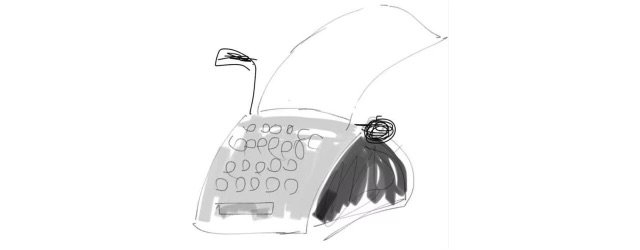Why Australian democracy is broken
I didn’t realise how angry I was.
The realisation hit me recently at Bella Union, the bar nestled in the bosom of the Victorian Trades Hall Council building. I was at the Bella Union with a boatload of writers, publishers, editors and booksellers to farewell Martin Shaw, one of Melbourne’s most beloved booksellers at Readings. Martin was moving to Germany with his family and the local literary scene wanted to show him how much he would be missed, so, on a cold Melbourne night, people came to drink beer, tell tales about Martin and dance to a pickup band whose players were all Readings staff members.
After the speeches and dancing I struck up a conversation with a publisher and he mentioned The Killing Season documentary about the implosion of the Rudd-Gillard-Rudd Government.
And then it happened.
I started ranting. I ranted about the lost opportunities of that former Federal Government. I ranted about the shortcomings of the current Federal Government. I ranted about the fact that Australia’s political classes had suffered from the policy equivalent of bulimia since the 2001 Federal election – constantly swallowing and regurgitating the so-called ‘border protection’ issue instead of resolving the humanitarian crisis of refugee resettlement.
As I ranted I found myself surprised by the depths of my anger. And I suspect I’m not the only voter throwing their toys out of the cot at the very mention of federal politics, because, let’s face it, our capital is drowning in a moronic tide of partisanship.
My anger management issues date back to 2001 – the year of the Tampa election and the birth of ‘border protection’ as an issue of national obsession. The demonising of refugees by the Coalition under John Howard – with the acquiescence of Labor’s Kim Beazley – was unforgiveable.
It was also a turning point. Ever since the amoral election of 2001, the Coalition has been reluctant to let go of an issue that is proven electoral gold – winning support from former One Nation supporters while driving a wedge between Labor’s inner city and outer suburban supporters. And Labor has – for 14 years and counting – been unable to resolve what too many see as a political conundrum rather than a moral test.
As a consequence, politically speaking, we are still living in John Howard’s Australia. The democratic and multicultural Australia of Paul Keating, Bob Hawke and Malcolm Fraser has been in retreat for more than a decade – and, as the surfacing of Islamic and anti-Islamic extremists shows, the retreat is in danger of turning into a rout.
The trouble is that, since 2001, Australia’s political metabolism has changed. Before 2001, the maxim was that good policy was good politics: that the surest way to win and retain power was to come up with the best program for running and reforming the country. Howard’s victory in 2001 – on the back of the Tampa as well as a raft of blatant vote-buying policies that were bad for governance, but worked a treat – made a lie of that maxim. Along the way, the media became more economically unstable and editorially hysterical, the electorate more volatile and the issues deemed worthy of prolonged debate more self-absorbed. That is why Australia – despite being the wealthiest it has been since the height of the Gold Rush – is more insular and selfish.
Ultimately, though, the change that broke the Australian model of democracy was Howard’s 2001 victory. Prior to 2001, our adversarial model of democracy worked because the major parties felt they had to come up with a policy platform – or, as Gough Whitlam put it, ‘The Program’ – for government. This forced Oppositions to come up with new ideas.
After 2001, political parties in opposition – especially in the Federal sphere – stopped working up substantial policy platforms. Instead, they focused relentlessly on the politics. One of the by products of the rise of this moronic tide of partisanship is that Canberra wasted a decade.
Canberra has neither instigated nor sustained one significant national reform since the introduction of the Goods and Services Tax in 2001. If you don’t believe me consider the evidence: the National Disability Insurance Scheme was instigated by grassroots disability advocates rather than Canberra, the partly-implemented National Reform Agenda was instigated by the Bracks-Brumby Government rather than Canberra, and neither John Howard’s industrial relations reforms nor Julia Gillard’s carbon trading scheme survived the change of governments.
And now the Mining Boom is over. And the nation is unprepared. And it is the Australian people who will pay the price for this lost decade and a half. And that is why I am angry.
